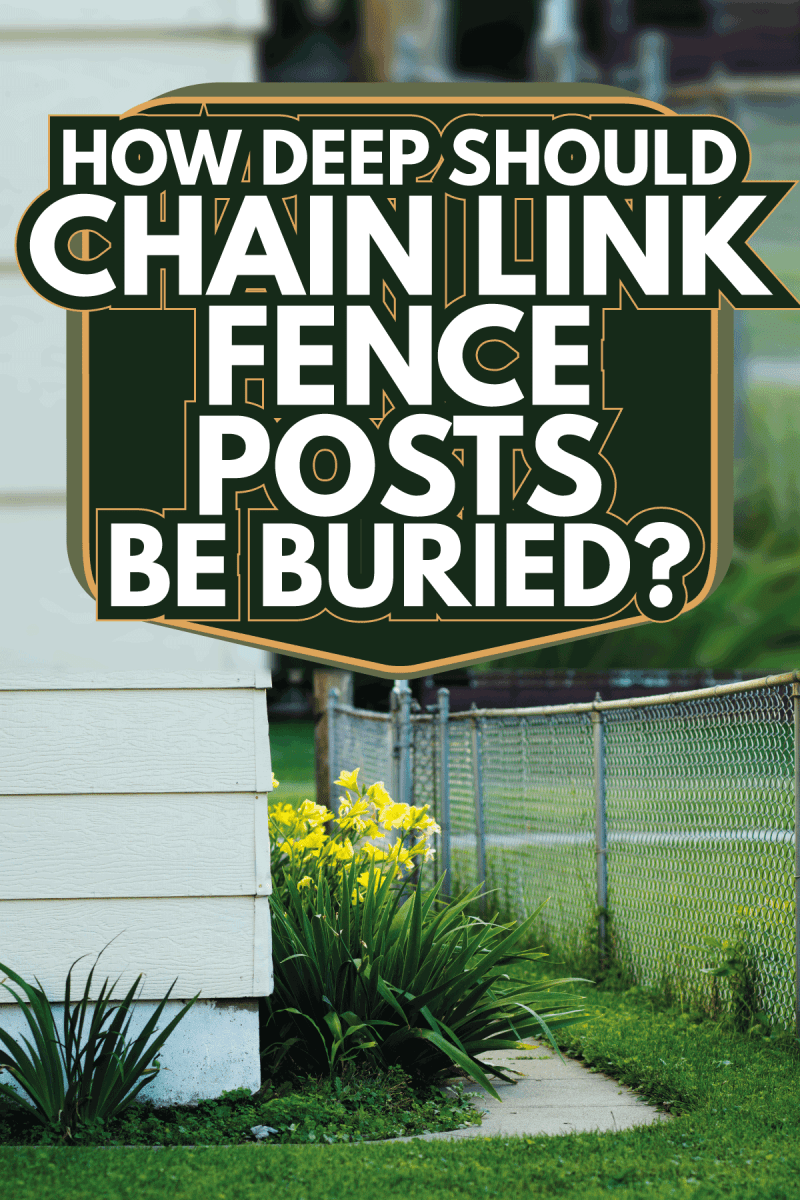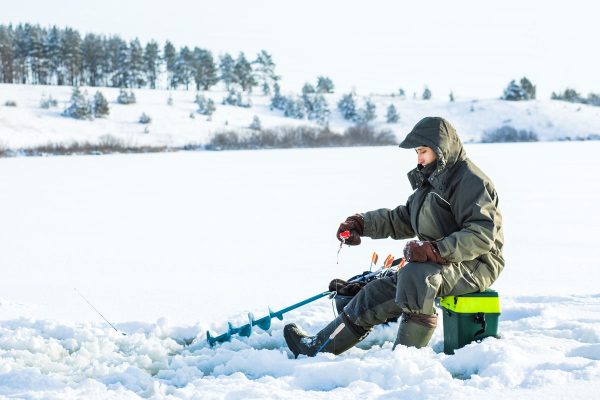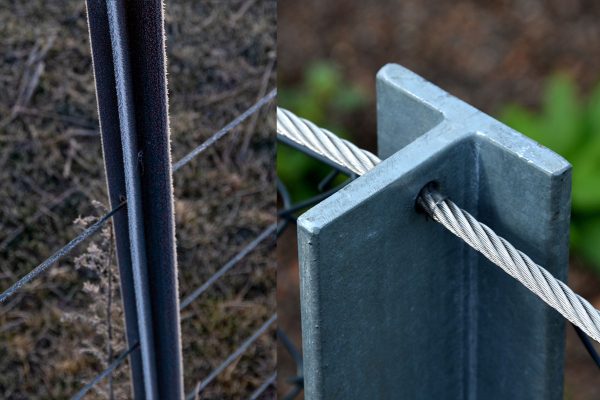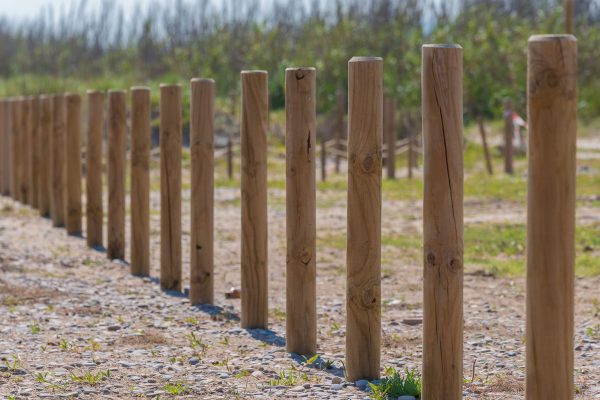When installing a chain-link fence, the depth at which the posts are buried in the ground is key to ensuring stability.
Experts usually advise burying the posts at least 30 inches deep. However, considering the fence height can offer an even better guideline.
For instance, for a 4-foot fence, the posts should be buried about 24 inches deep. For a 6-foot fence, the depth increases to around 30 inches. If you have an 8-foot fence, bury the posts approximately 36 inches deep.
The risk of not burying the posts deep enough is that your fence may lean or even topple over, posing a safety hazard and compromising security.
In the following sections, we'll delve deeper into these aspects, taking into account different fence heights and local ground conditions.
How Deep Should Chain Link Fence Posts Be Buried?
As any fence-builder knows, chain link fence posts need to be buried deeply enough in the ground to provide stability for the fence. But how deep is deep enough? The answer, it turns out, depends on the height of the fence.
For a 4-foot high fence, experts recommend a 24-inch footing depth. This means that the bottom of the post should be buried at least 24 inches below ground level. If you're building a taller fence, you'll need to bury the posts even deeper.
So if you're planning to build a chain-link fence, be sure to dig your holes deep enough to ensure a stable fence.
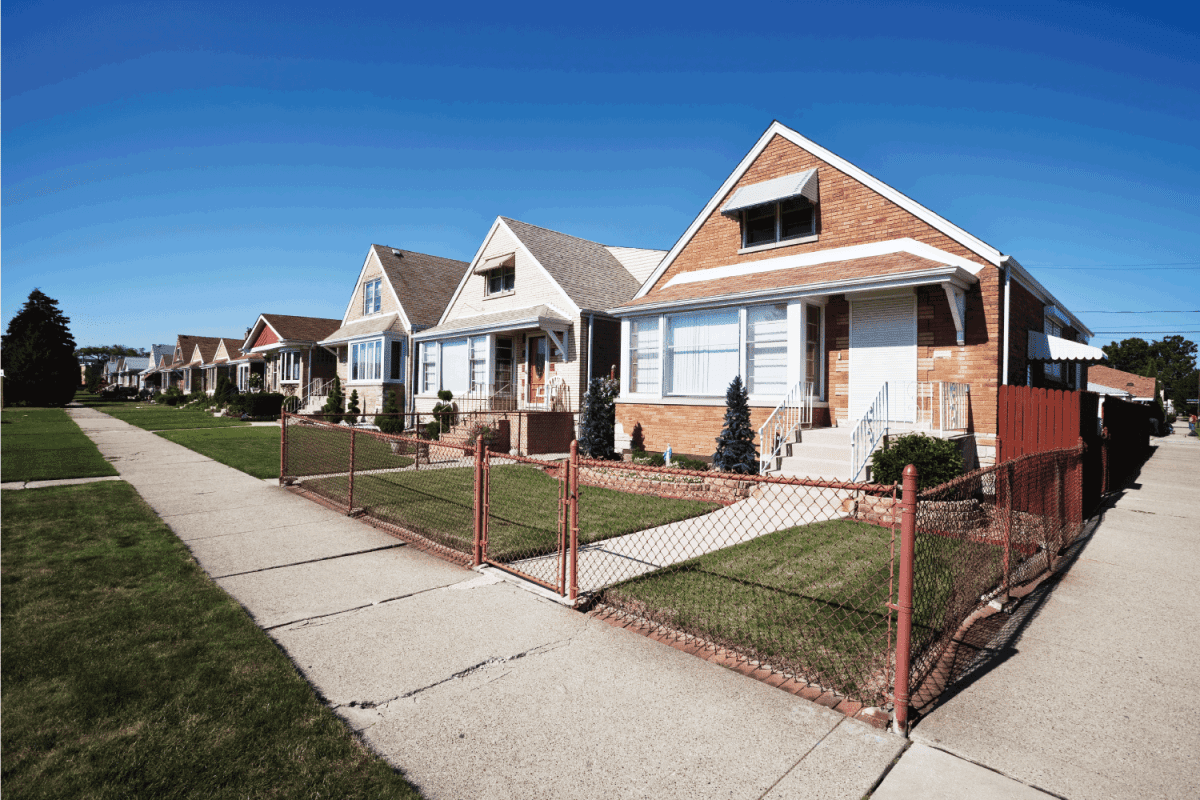
How Deep Should 8-Foot Fence Post Be?
A general rule of thumb is that your fence posts should be at least one-third as deep as they are tall.
So for an 8-foot fence, you'll want to dig your post holes at least 2 feet to 2-1/2 feet deep.
This will help ensure that your fence can withstand strong winds and other weather conditions. So when it comes to depth, the deeper the better.
We could go on with more sections like this, but you probably get the idea by now. Here's a neat table showing you the depth you should bury your posts, based on the height of your chain link fence:
| Fence Height | Recommended Post Depth |
|---|---|
| 4-foot chain link fence | 24 inches |
| 5-foot chain link fence | 30 inches |
| 6-foot chain link fence | 36 inches |
| 7-foot chain link fence | 42 inches |
Remember, these are simply guidelines, and actual post depth may depend on other factors like soil condition and local building codes.
What Are Some Factors To Consider When Burying Fence Posts?
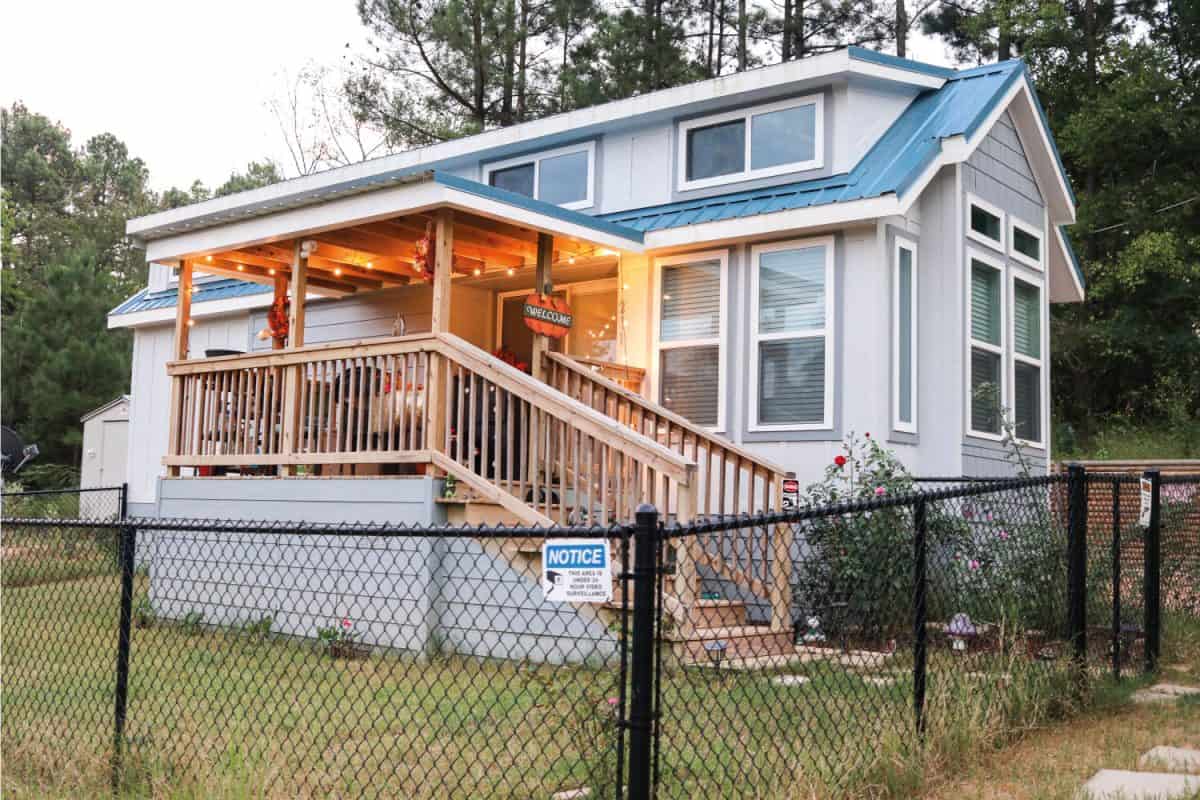
When burying fence posts, consider these key factors:
Fence Height
Your fence's height influences how deep you should bury the posts. Higher fences need deeper holes for stability.
Soil Conditions
Sandy, wet, or loose soil may require deeper holes to prevent posts from shifting or rotting.
Cost
Consider the cost of materials and installation. If you're hiring a pro, get multiple quotes first.
Local Climate
If you live in a high-rainfall area, you might need deeper holes to keep your posts secure against washouts.
Building Codes
Your local building codes may have specific requirements for fence post installation. Make sure to check these before starting your project.
By understanding these factors, you can make the best choice for your fence installation.
What Are Some Tips For Installing Chain Link Fence Posts?
Now that you know how deep to bury your posts, let's take a look at some tips for installing them.
1. Use the Right Tools
When you're ready to start digging, be sure to use the right tools for the job. A post-hole digger will make things a lot easier.
Get post-hole digger on Amazon.
2. Make Sure the Posts are Level
Once your posts are in the ground, use a level to make sure they're nice and level. This will help ensure a straight fence.
3. Use Concrete
When you're ready to set the posts in place, use quick-setting concrete to secure them. This will help keep your posts from moving around.
4. Add Gravel
Once the concrete has been set, add a layer of gravel around the base of the post. This will help with drainage and prevent soil erosion.
5. Attach the Fence
Now it's time to attach your fence panels. Be sure to use the proper hardware to secure the panels to the posts.
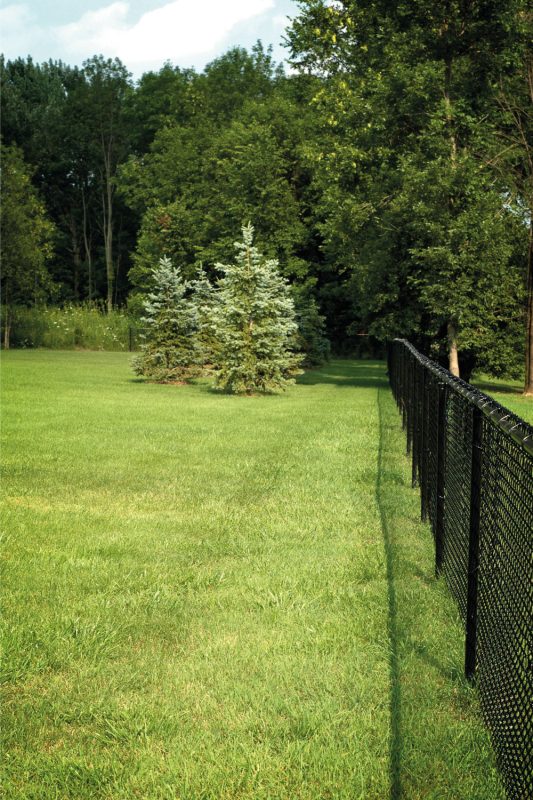
How Can You Tell If A Fence Post Is Buried Too Deep?
Fence posts are important for supporting your fence, but if they're buried too deep, they can weaken the fence.
There are a few telltale signs that you buried too deep a fence post.
- First, take a look at the post itself. If it's buried more than two-thirds of its length, it's probably too deep. You should also look for signs of damage to the post or the surrounding ground.
- If the post is leaning to one side or there is visible cracking in the soil, that's another indicator that the post is buried too deeply.
- Finally, try to push on the post to see if it's securely anchored in the ground. If it moves easily, that's a sign that it needs to be dug up and reset at a shallower depth.
By keeping an eye out for these warning signs, you can help ensure that your fence stays strong and sturdy for years to come.
What Happens If A Fence Post Is Not Buried Deep Enough?
If you've ever seen a fence post that's leaning precariously to one side, you may have wondered what happens if you do not bury a fence post deep enough. Of course, is that the fence won't be very stable.
Without a deep foundation, the fence post will be more susceptible to the elements and will eventually start to lean. This can cause the whole fence to collapse, so it's important to make sure that you buried your fence posts deep enough.
If you don't bury your fence posts deep enough, your fence won't be able to withstand high winds and could eventually collapse. They may uproot by strong winds or animals, leaving your fence vulnerable.
Fortunately, it's not difficult to achieve a deep foundation; simply measure the depth of your post and dig a hole that's at least twice as deep.
What Are Some Common Mistakes People Make When Installing A Chain Link Fence?
Installing a chain-link fence may seem like a straightforward task, but there are a few common mistakes that people make.
- One mistake is not leveling the posts. This can cause the fence to be unstable and potentially fall over.
- Another mistake is not using enough concrete when setting the posts. This can cause the posts to eventually sink into the ground and become loose.
- Finally, people sometimes forget to tighten the bolts on the fence panels, which can cause the fence to sag or even collapse.
By taking the time to do things correctly, you can avoid these mistakes and have a fence that will last for years to come.
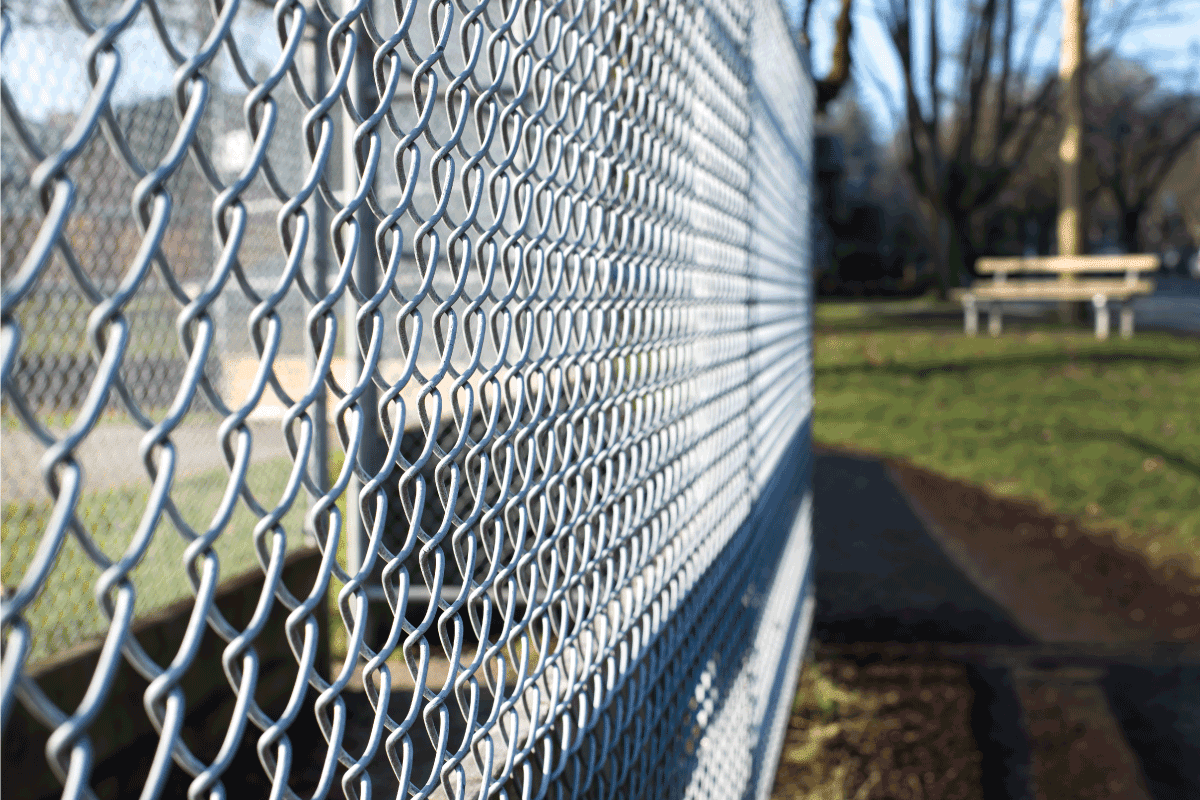
To learn more about this topic and others related to fencing, see our posts below:
Why Is My Fence Turning Black [And What To Do About It]
Should Metal Fence Posts Be Set On Concrete?
How To Fill Gap Under Fence [5 Effective Fillers]
